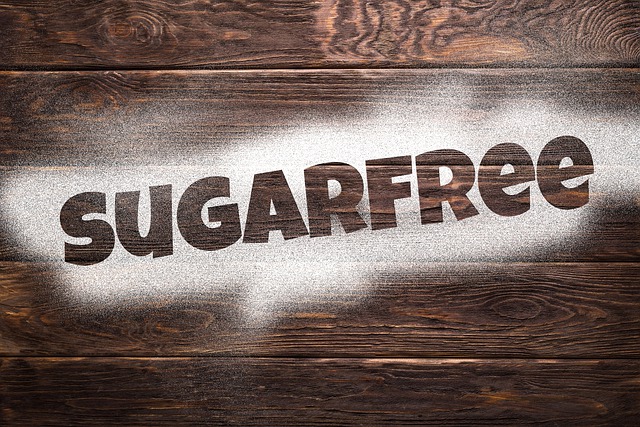Artificial sweeteners come in handy for those calorie-conscious and those fighting weight gain and handling sugar cravings in diabetes.
All popular sodas and beverages come with a ‘Zero-calories’ variant, even cookies and pastries with a ‘Sugar-free’ version for a guilt-free indulgence. But how safe are they? Are the artificial sweeteners used in them carcinogenic?
An unambiguous answer comes from an extensive French cohort study involving one hundred thousand people. It finds that people consuming artificial sweeteners (above the median level) are at risk of cancer.
According to the study, there is a 13% higher chance of cancer among those with a higher intake of aspartame and acesulfame potassium (acesulfame-K) for eight years, compared to those not consuming the artificial sweeteners.
Notably, a higher intake of Aspartame, in particular, has a 22% overall cancer risk. In comparison, obesity-related cancer risk stands at 15%. So it means there are more chances of getting cancer by consuming artificial sweeteners than from obesity.
The NutriNet-Sante study conducted by Charlotte Debras, Mathilde Touvier, and colleagues at the French National Institute for Health & Medical Research and Sorbonne Paris Nord University establishes increased cancer risk from consuming artificial sweeteners.
The study, a web-based cohort, has been in progress since 2009, examining 102,865 French adults. These voluntary participants have been reporting their medical history and health data, also information on their sociodemographics, food, and lifestyle.
The participants have been sharing their 24-hour dietary records regularly, including information about their consumption of ‘artificial sweeteners.’ As a follow-up, the study group gathered the participants’ cancer diagnoses and analyzed whether there is a link between artificial sweetener consumption and cancer risk.
The data was then adjusted for many physiological parameters, including age, gender, height, etc. Likewise, their dietary intake of sugar, sodium, dairy, alcohol, etc.
In the past, there have been animal studies and human observational studies on the correlation between artificial sweeteners and associated cancer risk. However, this is the first study to associate different types of artificial sweeteners, their intake measure, and resultant cancer risk.
Debras and Touvier have found Aspartame and acesulfame-K have a link to higher risks of breast cancer and other obesity-related cancers.
Reference: Healthline

